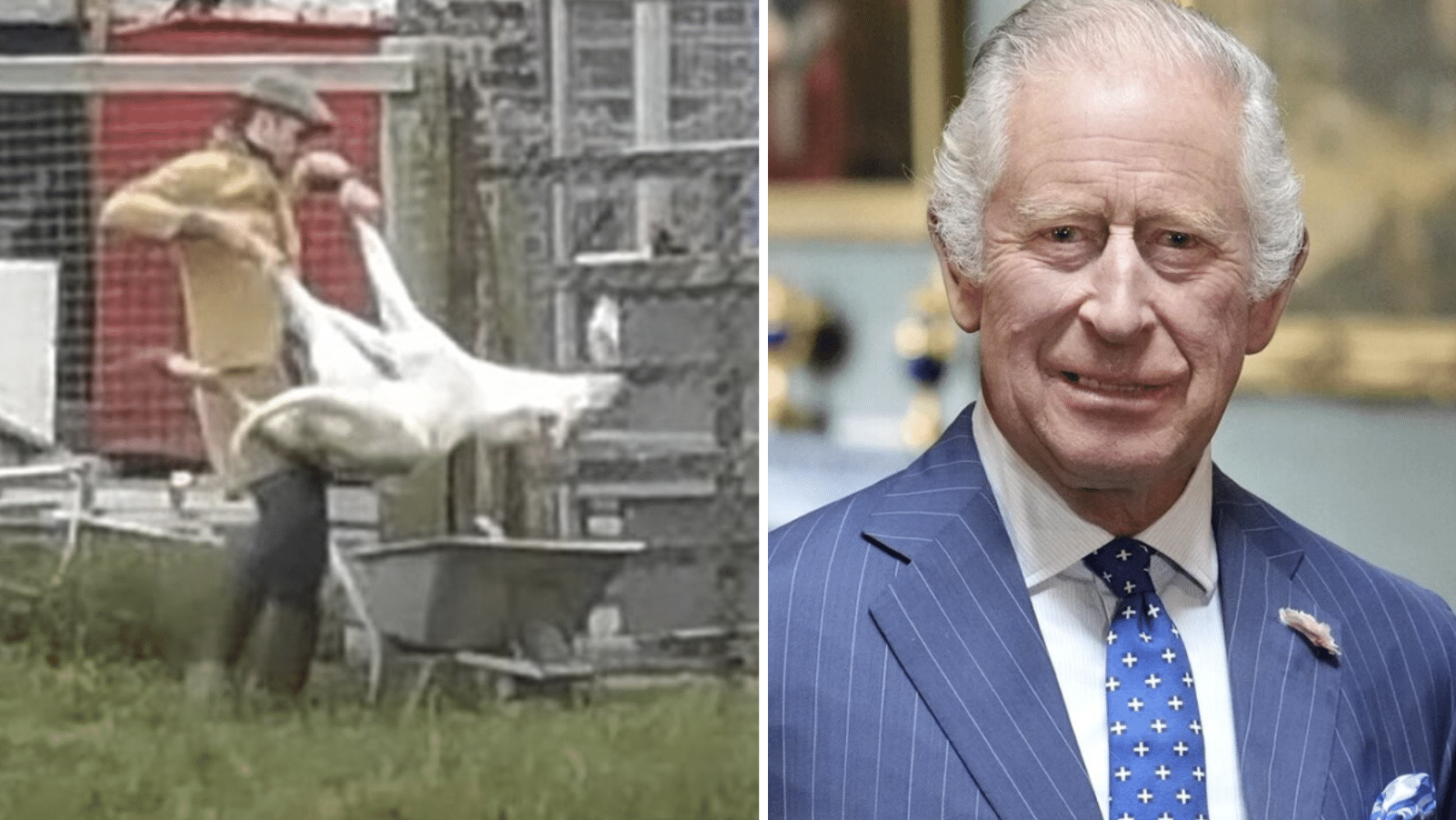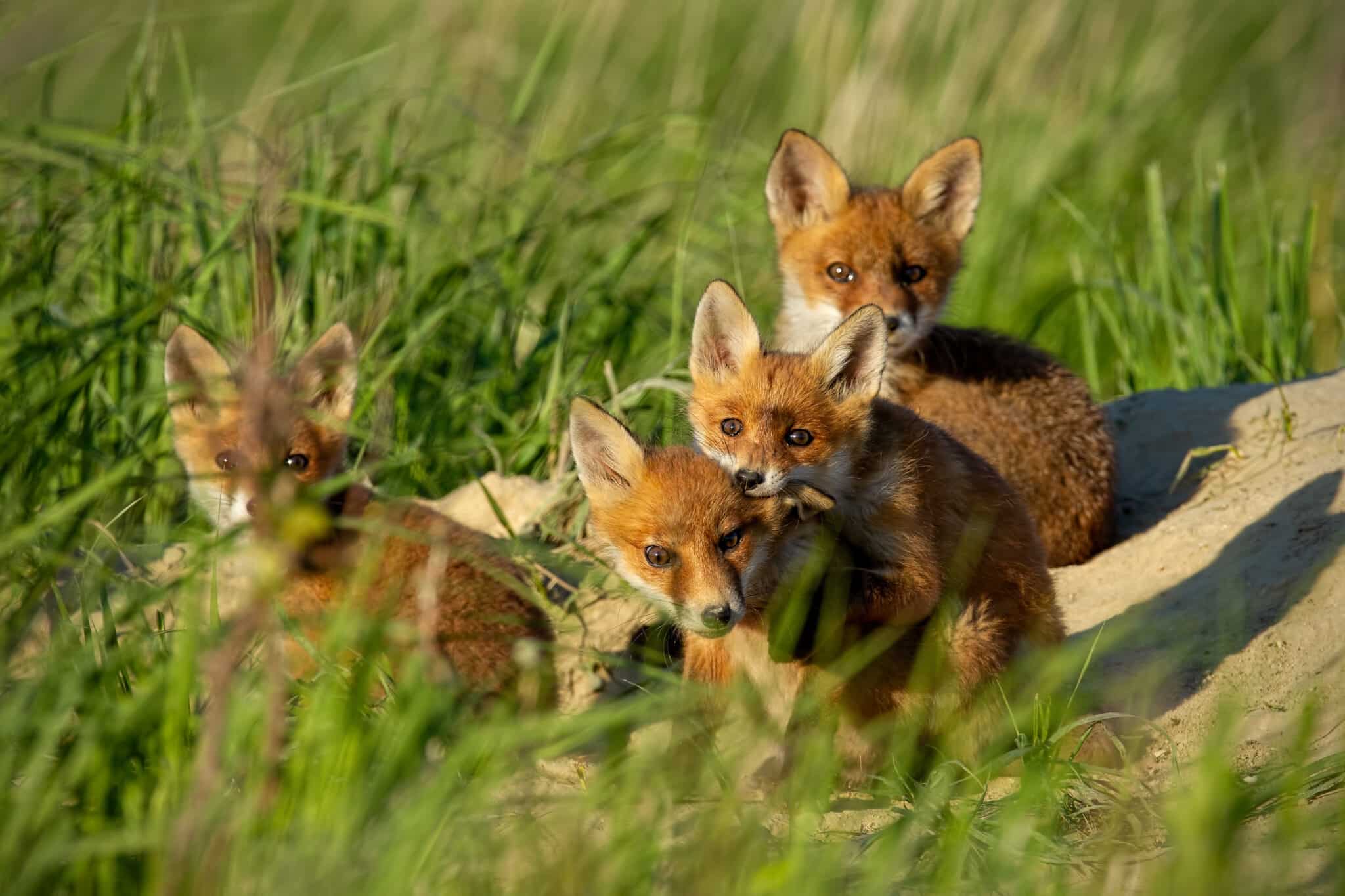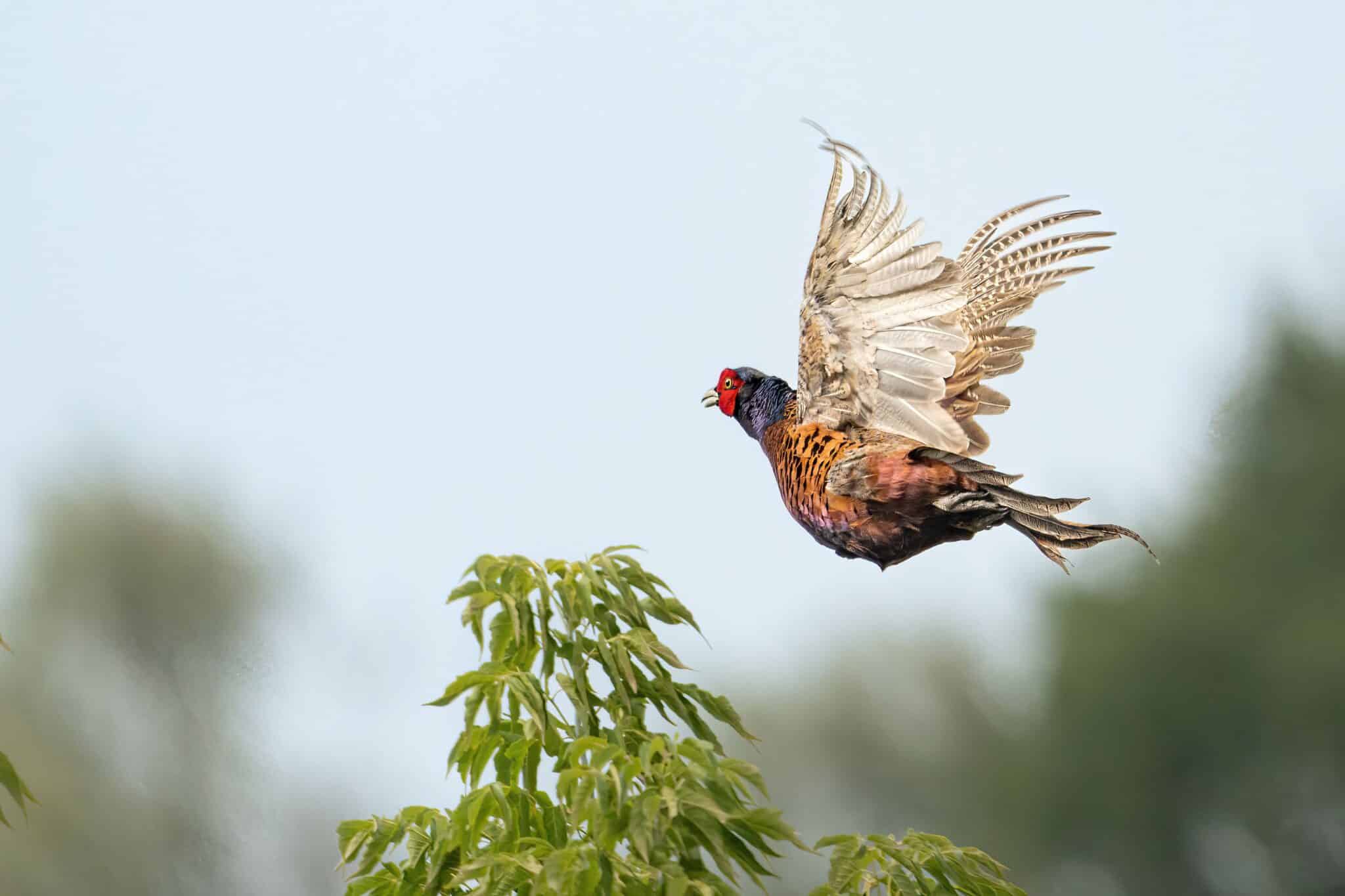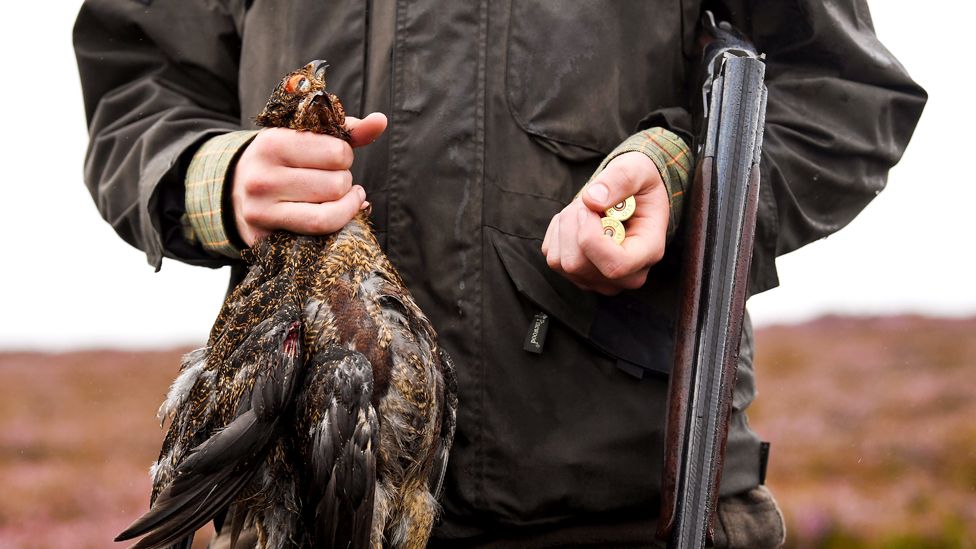
The RSPCA is “immensely honoured” that King Charles has become its new patron. Protect the Wild argues that this man, who abuses animals, should never have such a role in an animal welfare charity. This article explores Charles’ bloodlust for killing mammals and birds, and details how his vast estates are shooting playgrounds.
The RSPCA celebrated its new patron by announcing:
“The Monarch has a huge passion for nature and regenerative farming and his continued support for the RSPCA and the future of animal welfare is invaluable. There are huge challenges facing animals from the cost of living crisis, climate change, habitat loss and intensive farming. His Majesty’s powerful voice for nature and regenerative farming will be vital in raising the profile of animal welfare and inspire more people than ever to create a better world for every animal.”
While trying to appeal to the masses – and therefore get more money – the RSPCA has completely ignored that this is the same man who brought his children up shooting birds, and the same man who lobbied Tony Blair in 2005 to introduce the culling of badgers.

Tearing up foxes for fun
Back in 2002, Charles also lobbied Blair, pushing him not to ban hunting with hounds, describing fox hunting as:
“completely natural – in that it relies entirely on man’s ancient and, indeed, romantic relationship with dogs and horses.”
Charles went on to parrot the same rhetoric as his Countryside Alliance and hunting friends, claiming that those who opposed the tearing up of foxes were motivated by “class war”.
Charles’ attempt to meddle in the banning of hunting with dogs may have had a significant effect on the actual law that finally passed, which Blair deliberately ensured was full of loopholes. These loopholes are the reason that hunting still exists today, and why foxes, stags and hares are murdered week in, week out with very little consequences.
Charles also allegedly said to friends:
“If the Labour Government ever gets around to banning fox hunting, I might as well leave this country and spend the rest of my life skiing.”
It is hardly surprising that the then-Prince used his power to influence the incoming legislation; after all, Charles himself is an avid fox hunter, and it is said that his favourite pack is the notorious Beaufort Hunt – infamous for shooting dead its own hounds. He regularly joined the hunt as a field rider before the Hunting Act was passed (see here and here for photos, and here for a photo of “keen huntswoman” Camilla, riding with the same hunt), while his children William and Harry joined him a number of times when they were young, including at cubbing meets. Cubbing is where a hunt trains its hounds for the main season by chasing and killing young fox cubs: just what any loving father would want his kids to see.
Some might argue that Charles isn’t the best field rider, having fractured his shoulder blade when falling from his horse during a Meynell Hunt meet in 2001, and breaking a rib while riding with the Wynnstay Hunt in 1998.
Back in 2004, before the ban came into force, Clarence House announced that Charles had no intention of stepping back from hunting until the bloodsport was made illegal. Queen Elizabeth had reportedly advised him that allying with the pro-hunting minority could be damaging.

Pheasant shooting
And then there’s Charles’ love of shooting. The RSPCA seemingly doesn’t see any irony in declaring that Charles has a “powerful voice for nature and regenerative farming,” despite his country estate, Sandringham, being “one of the premier wild bird shoots in the country“.
Sandringham is best known for its Boxing Day ‘tradition’ of blasting pheasants from the sky – and there is nothing “regenerative” about the pheasant shooting industry. More than 40 million Common Pheasants are released into the UK countryside each year so that men like Charles can get their sick kicks from killing them. Indeed, the density of pheasants reared and released in the UK greatly exceeds that of any other country in Europe. Pheasants are native to Eurasia, not to the UK, and cause much ecological harm in this country. In October 2020, the government added both the Common Pheasant and non-native Red-legged Partridge to Schedule 9 of the Wildlife and Countryside Act, which contains species which cause ecological, environmental or socio-economic harm.
And according to Wild Justice:
“Pheasants and partridges gobble up native vegetation, insects and reptiles, and they leave their droppings all over sensitive habitats. When they are dead, they are feeding foxes and scavengers, which then eat other protected species.”
On top of this, a study has revealed that the sheer number of the game birds could wipe out our resident adder population by 2032.
And then there’s the toxic lead shot used by the hunting industry. A Labour Animal Welfare Society report has stated that:
“2500 tonnes of lead shot is fired into the environment by game bird shooters representing billions of individual pellets, generating high levels of risk in local areas.”
Sandringham is also the site of numerous incidents of wildlife crime. A 2023 Guardian investigation reported that over the past two decades Sandringham:
“has been linked to the deaths and disappearances of a string of legally protected birds over the past two decades“.
It continued:
“The cases include the alleged poisoning, shooting and disappearance of some of the UK’s rarest birds of prey. One of the cases involved the mysterious loss of eastern England’s last breeding female montagu’s harrier, a critically endangered species whose future in the UK is now looking bleak.”
And then there’s the King’s Windsor estate, which is one big hunting and shooting playground, paid for by the public. Freedom of Information requests conducted by Animal Aid found that more than 7,000 mammals and birds were murdered on Royal land in one year. Among that number, thousands of foxes and corvids were killed in order to protect the estate’s pheasants from predators.

Grouse murder
The king has also inherited a number of grouse moors, including the Whitewell Estate in the Forest of Bowland, as well as land on the North York Moors. He also owns the 50,000 acre Balmoral estate, as well as its neighbouring moorland at Corgarff, which are used by the family and their friends for private grouse shooting parties.
The shooting industry is responsible for the slaughter of hundreds of thousands of Red Grouse (300,000-500,000 per year), who – unlike Common Pheasants – are native to the UK. In a previous article, Protect The Wild’s Charlie Moores explained how the industry is also responsible for:
“untold numbers of wild animals killed in snares and traps, and…the whole disgusting industry is underpinned by wildlife crime – in particular raptor persecution (the illegal persecution of birds of prey).”
Moores has also stated that the grouse shooting industry:
“is quite simply about making as much money as possible by killing huge numbers of wild birds on moorland estates owned by so-called ‘aristocrats’ or hedge funds. It relies on intensive and destructive management, and its benefits are hugely overstated.”
Such destructive management includes the burning of peat bog in order to grow heather, which Red Grouse thrive on. According to Moores:
“In England, it is estimated that each year damaged upland peat bogs release the same amount of CO2 into the atmosphere as 140,000 cars and in Scotland, peatlands are responsible for 13% of all emissions.”
So if Charles truly championed nature – like the RSPCA seemingly believes he does – he would shut down his Sandringham shooting estate, as well as regenerate his inherited moorland; after all, much of the UK’s moors have become seriously degraded due to burning and draining.
Elizabeth was also a wildlife killer
The RSPCA is very proud that its royal connection goes all the way back to Queen Victoria, who became its first royal patron in 1840. The charity said:
“Welcoming His Majesty as our patron builds on our long relationship with Queen Elizabeth II, who was our patron for 70 years. During her reign she oversaw huge advancements for animal welfare, from tougher sentencing for animals, fur farming banned, the end of battery cages for hens, the last wild animal in circuses and animal sentience recognised.”
But of course, Elizabeth didn’t implement any of these laws herself – she just granted them Royal Assent: that is, she simply signed them off. The RSPCA is, once again, conveniently ignoring the fact that the then-Queen was a passionate wildlife killer. Back in 1961, she and her husband Philip posed for a photo with the Maharaja and Maharani of Jaipur in India as the group stood over a tiger that Philip had just murdered.
Fast forward to the 21st century, and Elizabeth made national headlines when she famously murdered a pheasant, who had been injured by gunshot on the Sandringham Estate. The Queen wrung the bird’s neck with her hands. A day after she was criticised across the UK for the action, she attended church wearing pheasant feathers in her hat.
The RSPCA needs integrity
Protect the Wild contacted the RSPCA, asking the charity specific questions. We asked:
“Does the RSCPA see any conflict in your principles in accepting Charles as your patron? After all, the RSPCA is a charity that helps *all* animals, including foxes and badgers (you even have a fox cub image on your homepage). And in accepting the King’s patronage, are there conditions that you must abide by, for example, in the hunting prosecutions that you choose to pursue, or in the campaigns around bloodsports that you publicise?”
The RSPCA replied, but didn’t answer these questions, instead responding with an carefully-crafted statement:
“We are the world’s oldest animal charities and we have helped change attitudes, behaviours and more than 400 laws in our 200-year history of changing animals’ lives. We rescue, rehabilitate and rehome thousands of animals, we help prevent cruelty and neglect, we inspire compassion for animals through our education work and we speak for all animals, whether they are in our homes, in the wild, on farms or in laboratories, both here and abroad. The breadth of our work is huge and our supporters are diverse, so we will not always agree on everything. The Royal Family’s unwavering support is invaluable and we are committed to working with everyone to create a better world for every animal.”
The charity is, no doubt, relieved that Charles has accepted patronage; after all, back in 2016, The Telegraph stated:
“A source has claimed that the Prince of Wales has “fundamental disagreements” over many of [the charity’s] key policies and has “privately voiced concerns about the RSPCA”, inevitably raising speculation that he could refuse to take on [Elizabeth’s] role when the time comes.”
This is likely why the RSPCA is so sycophantic as it welcomes the king as its new patron.
While Charles’ patronage will clearly have financial benefits for the charity, the RSPCA has strayed away from any ethical integrity. Protect the Wild believes that no animal welfare organisation should ever be endorsed by a man who takes sick pleasure in murdering wildlife, and whose vast estates are causing untold ecological damage.
